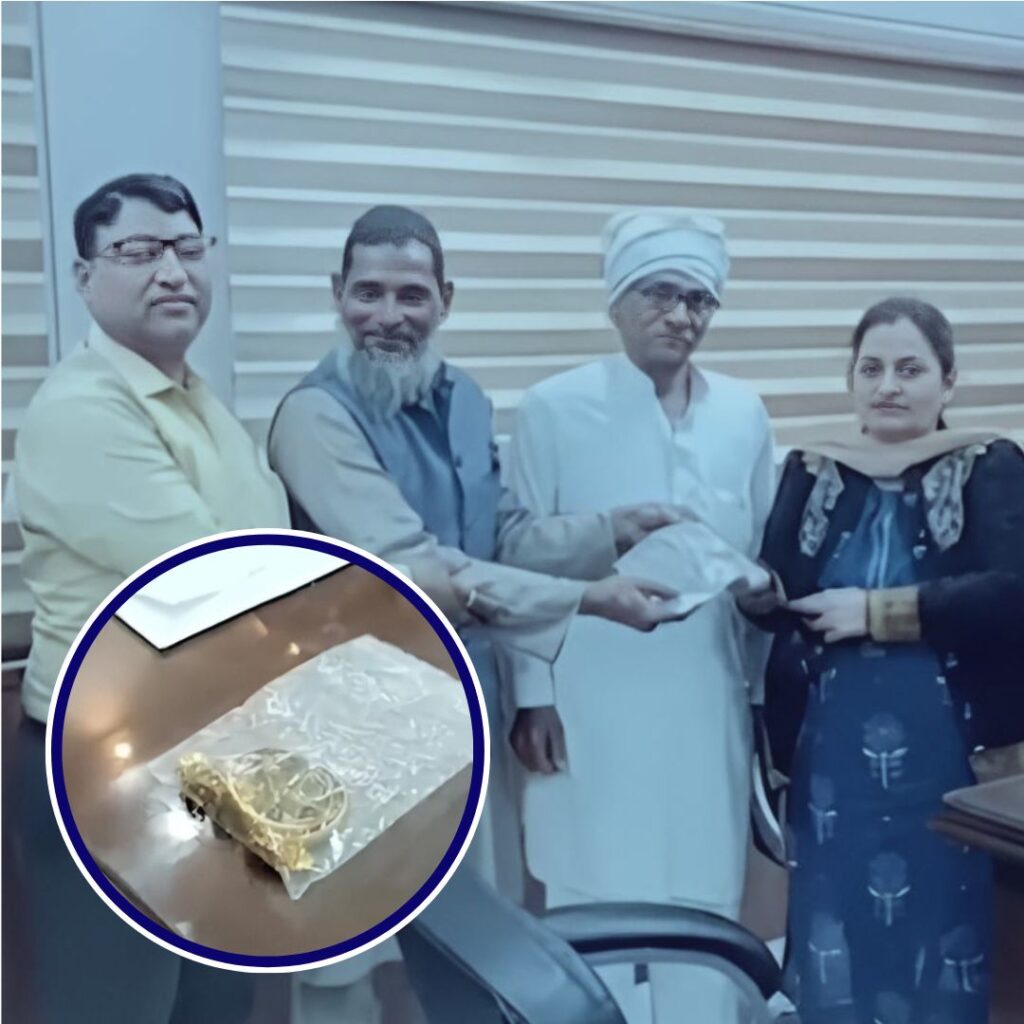In a disturbing case from Pune, the Warje Malwadi Police successfully cracked a planned murder that shockingly drew inspiration from the Bollywood thriller ‘Drishyam’.
Samir Punjabrao Jadhav, a 42-year-old fabricator and garage owner from Shivane, was arrested for killing his wife Anjali Jadhav, a 38-year-old private school teacher, and disposing of her body by burning it in a kiln he built in a rented godown 25 kilometres from Pune.
The crime occurred on October 26, 2025, followed by Jadhav filing a missing person complaint two days later to mislead police.
The Investigative Trail and Execution
Police investigations revealed that Samir had planned the crime over several weeks. About a month before the murder, he rented a godown at Shindewadi near Gogalwadi Phata for Rs 18,000 per month, under the pretext of needing space for his iron fabrication work.
Utilizing his professional skills, he constructed a sturdy fabrication kiln at the godown. Evidence showed he procured about two gunny bags of wood and fuel, storing them onsite to prepare for incineration.
On the day of the murder, Samir took Anjali out for a drive in his Hyundai i10, ostensibly for an outing. After stopping for refreshments at a hotel near Khadakwasla, they proceeded to the rented godown around 8 pm.
Here, while sharing a meal of bhel on a mat, Samir strangled his wife over a period of nearly ten minutes until she succumbed. He then placed her body inside the iron box kiln, doused it with petrol, and set it alight.
After burning the body, he scattered the ashes in a nearby river early next morning and dismantled the kiln to eliminate evidence.
The case took a cinematic turn when police discovered Samir had watched ‘Drishyam’ repeatedly in the preceding months, seemingly using the movie’s plot as a blueprint to cover his crime.
The police underlined the chilling precision with which he planned and executed the murder, including sending his mother and children to stay with relatives on the day of the murder to avoid witnesses.
Background and Motive
The investigation uncovered that Samir and Anjali had a troubled marriage marked by suspicion and accusations of infidelity. Samir accused Anjali of having an affair with a man named Satej Patil, which led to frequent quarrels over the last year and a half.
Interestingly, police discovered that Samir himself had been unfaithful and even sent an “I love you” message to Anjali from a friend’s phone to fabricate evidence of her affair.
This strained relationship formed the backdrop to the murder. Samir reportedly sent his children to relatives prior to the crime and presented a facade of concern by repeatedly visiting the police station with his missing person complaint.
However, inconsistencies in his story and CCTV footage showing the couple leaving their home together on the day of the murder raised suspicions. Sustained police interrogation eventually led Samir to confess to the crime.
Official Statements and Legal Proceedings
Senior Police Inspector Vishwajeet Kaingade, involved in the case, described the murder as “meticulously planned and executed.” Deputy Commissioner of Police (Zone 3) Sambhaji Kadam stated, “Our preliminary probe revealed the accused had a personal motive rooted in jealousy and suspicion.
The crime was not impulsive but premeditated with the intent to destroy all evidence.” An FIR under Section 103 (murder) of the Bharatiya Nyay Sanhita (BNS) was registered at the Warje-Malwadi Police Station, with the investigation now transferred to Rajgad police for further inquiry.
The Logical Indian’s Perspective
This case is a stark reminder of the devastating consequences that unresolved domestic conflicts can lead to when communication and empathy are lacking.
It also reflects how fiction can dangerously influence reality, with the accused drawing inspiration from a film to plan and execute an unforgivable crime.
While justice begins with the arrest and legal processing of the accused, the broader lesson lies in society’s collective responsibility to foster healthier, kinder familial relationships and establish robust support systems for those facing domestic strife.











